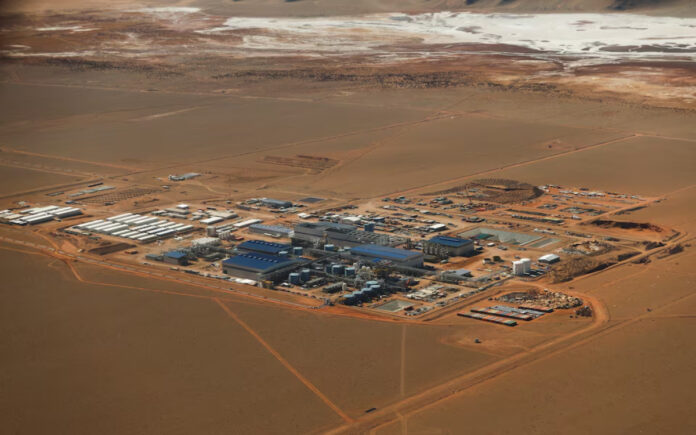Salar Centenario: In the rugged mountains of northern Argentina, a groundbreaking endeavor is underway: giant black tubes draw lithium-rich brine from deep underground into massive tanks. This innovative method, known as direct lithium extraction (DLE), is set to revolutionize global lithium production by offering faster, more efficient, and environmentally sustainable methods.
Unlike traditional evaporation ponds, which can span vast areas, DLE promises to extract lithium from brine swiftly and with minimal environmental impact. This is crucial as 70% of the world’s lithium reserves are found in brine deposits.
French mining company Eramet, in partnership with Chinese giant Tsingshan, is spearheading this $870 million project in Salta province. Scheduled to commence lithium carbonate production by November, with a target of 24,000 metric tons annually by mid-2025, Eramet’s venture places Argentina firmly on the map as a key player in lithium production.
Competitors from the U.S. to Chile are closely monitoring Eramet’s progress, aiming to adopt similar technologies to enhance their own lithium extraction capabilities. The success of Eramet’s Centenario plant hinges on overcoming technical challenges unique to each brine deposit, ensuring consistent and high-quality production.
Also Read | Mexico’s Navy Warns of Rising Dual-Use Chemicals Fueling Meth Production
Despite environmental concerns raised by activists regarding impact on pristine salt flats, Eramet plans stringent measures to mitigate ecological footprint. They aim to recycle up to 80% of the water used, setting a new standard in water efficiency for DLE operations.
As global demand for lithium intensifies, driven by electric vehicle battery production, Eramet’s innovative approach not only promises economic gains but also sets a benchmark for sustainable resource extraction in the lithium sector.



